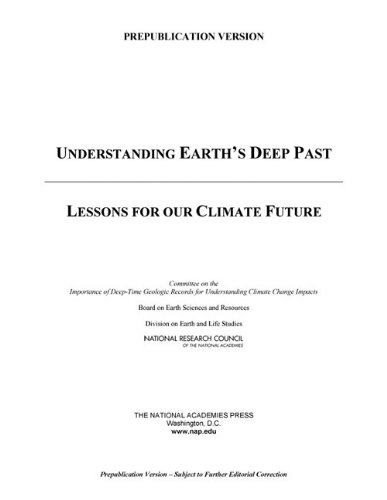

Most ebook files are in PDF format, so you can easily read them using various software such as Foxit Reader or directly on the Google Chrome browser.
Some ebook files are released by publishers in other formats such as .awz, .mobi, .epub, .fb2, etc. You may need to install specific software to read these formats on mobile/PC, such as Calibre.
Please read the tutorial at this link: https://ebookbell.com/faq
We offer FREE conversion to the popular formats you request; however, this may take some time. Therefore, right after payment, please email us, and we will try to provide the service as quickly as possible.
For some exceptional file formats or broken links (if any), please refrain from opening any disputes. Instead, email us first, and we will try to assist within a maximum of 6 hours.
EbookBell Team

4.3
8 reviewsUnderstanding Earth's Deep Past provides an assessment of both the demonstrated and underdeveloped potential of the deep-time geologic record to inform us about the dynamics of the global climate system. The report describes past climate changes, and discusses potential impacts of high levels of atmospheric greenhouse gases on regional climates, water resources, marine and terrestrial ecosystems, and the cycling of life-sustaining elements. While revealing gaps in scientific knowledge of past climate states, the report highlights a range of high priority research issues with potential for major advances in the scientific understanding of climate processes. This proposed integrated, deep-time climate research program would study how climate responded over Earth's different climate states, examine how climate responds to increased atmospheric carbon dioxide and other greenhouse gases, and clarify the processes that lead to anomalously warm polar and tropical regions and the impact on marine and terrestrial life. In addition to outlining a research agenda, Understanding Earth's Deep Past proposes an implementation strategy that will be an invaluable resource to decision-makers in the field, as well as the research community, advocacy organizations, government agencies, and college professors and students.